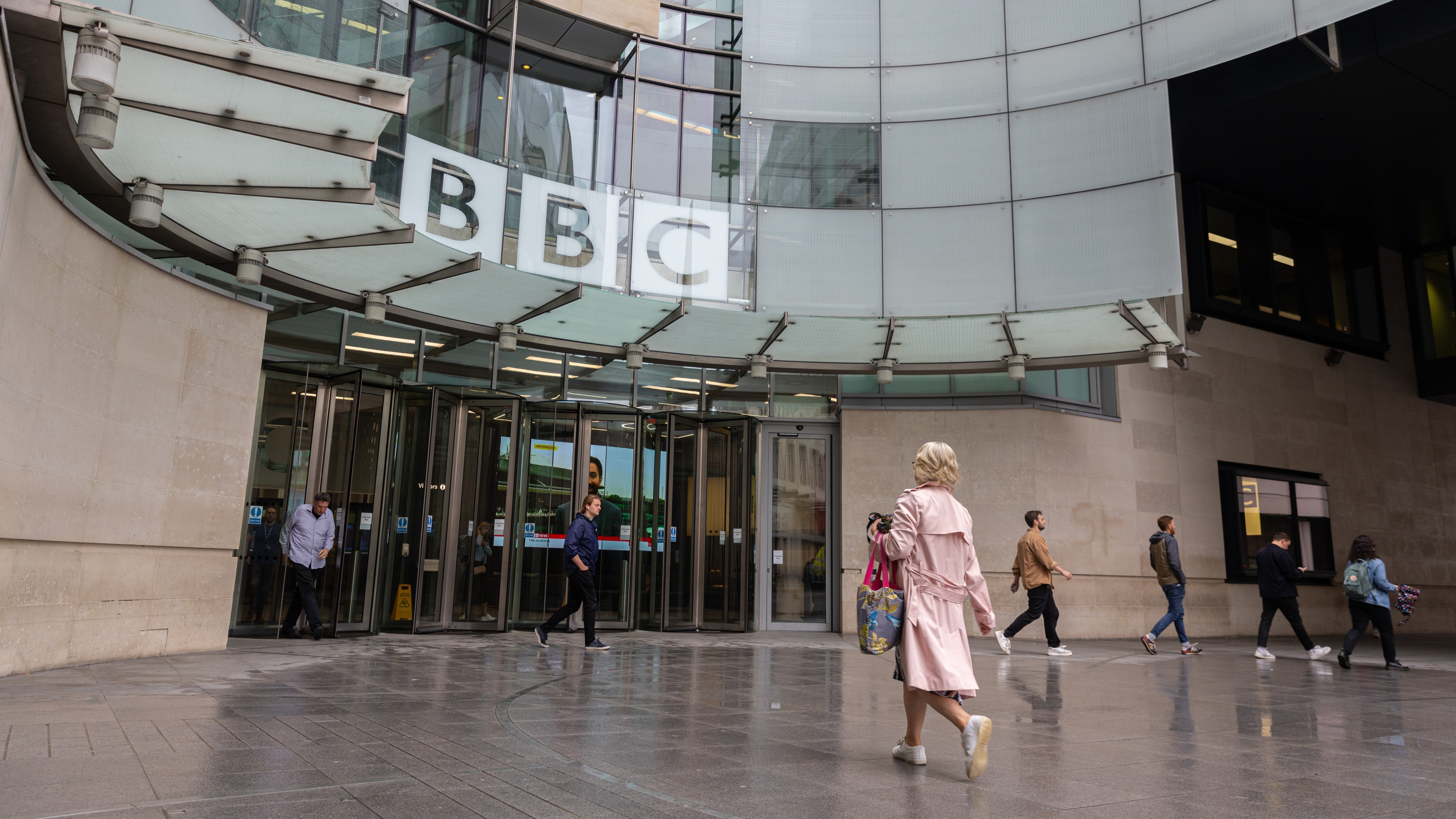Audiences are concerned about the use of generative AI for video content, but there is some openness to the use of GenAI in audio content, according to BBC research commissioned to assess the perception of the technology.
Commissioned from Ipsos UK, the research features detailed interviews with 150 people from the UK, USA and Australia.

It found that many people believe GenAI is the real deal - a permanent, significant and disruptive step-change in technology and media, like the introduction/development of the internet, with the capability to change society. 58% of UK adults agreed that products that use AI will profoundly change daily life in the future.
However, the research found that people are nervous about how GenAI might be used in the media, including how it may impact creative roles, and they want reassurance from media companies about how they will engage with GenAI. 65% of UK adults agreed products and services using AI make them nervous.
Many said there is space for GenAI in the production of audio content, particularly where it feels like an extension of existing technology – such as improving personalisation, or producers using it as they would a search engine to help generate ideas and inspiration.
But people are more concerned about using GenAI for video content. While audiences are somewhat comfortable with the use of GenAI for personalisation or operational functions, many feel going beyond this could undermine human connection and devalue artistic skills
Using GenAI in journalism is felt to be very high risk. While people recognise GenAI could bring value in a few limited ways, such as by reformatting articles from text to audio, there are concerns about its potential to spread misinformation, deepen societal division, and replace human interpretation and insight.
Peter Archer, BBC Programme Director of Generative Artificial Intelligence, said: “Quite reasonably, while audiences expect all organisations to use GenAI responsibly, they are likely to hold public service media organisations to a particularly high standard given their public missions and access to public funding. They also emphasised the need for media companies to deliver value; to put people and human creativity first, and to always be transparent in their use of GenAI.”
Archer added: “It’s important to note that while this new report helps us understand how audiences view the use of Gen AI in media, it is not a roadmap for future development. It doesn’t consider the views of other communities like creative talent or production teams, whose views are very important to how any media organisation uses GenAI. Nor does it consider the technology itself, including questions of accuracy and the incorrect or misleading results that AI models can generate (hallucinations).
“Many of the issues raised in the report are not unique to the BBC. So it’s important that we work together with our colleagues in the media industry to discuss the opportunities and challenges of GenAI.”

Saleha Williams appointed CEO of IABM
Saleha Williams has been appointed as the Chief Executive Officer (CEO) of IABM.

Comcast sets leadership team for ‘SpinCo’ cable unit
US media and telco giant Comcast has unveiled the leadership team for SpinCo as it prepares to spin off its cable television portfolio later in the year.

Labour exploring ‘alternative funding options’ to BBC licence fee
UK Culture Secretary Lisa Nandy is reportedly considering scrapping the BBC licence fee at the end of the Corporation's current charter in December 2027.

BBC Director-General Tim Davie to head Creative Cities Convention speakers
BBC Director-General Tim Davie has been lined up as one of the key speakers at this year’s Creative Cities Convention, being held from May 7–8 in Bradford as part of its UK City of Culture 2025 celebrations.

ITV names Sam Tatlow as Head of Diversity, Equity and Inclusion
ITV has promoted Sam Tatlow to the newly created role of Head of Diversity, Equity and Inclusion.




